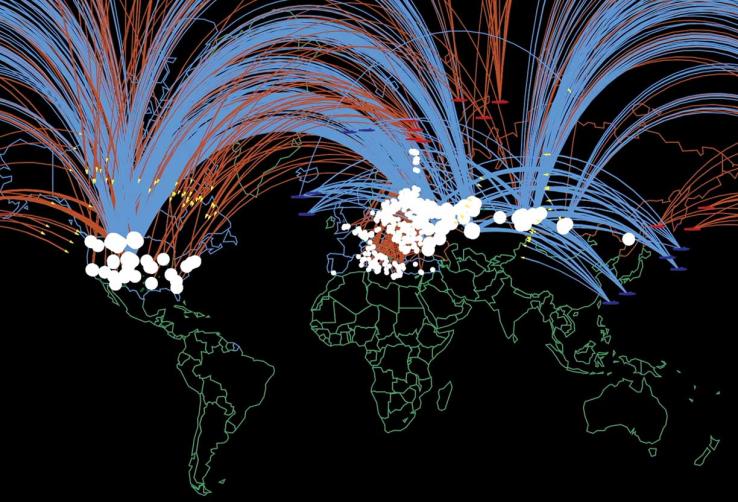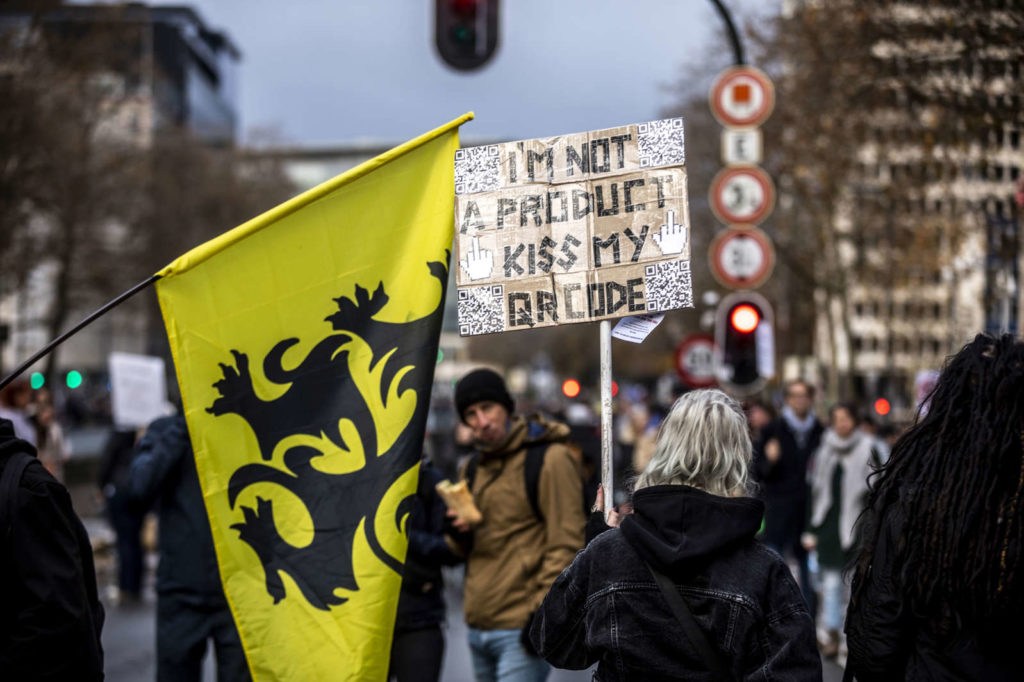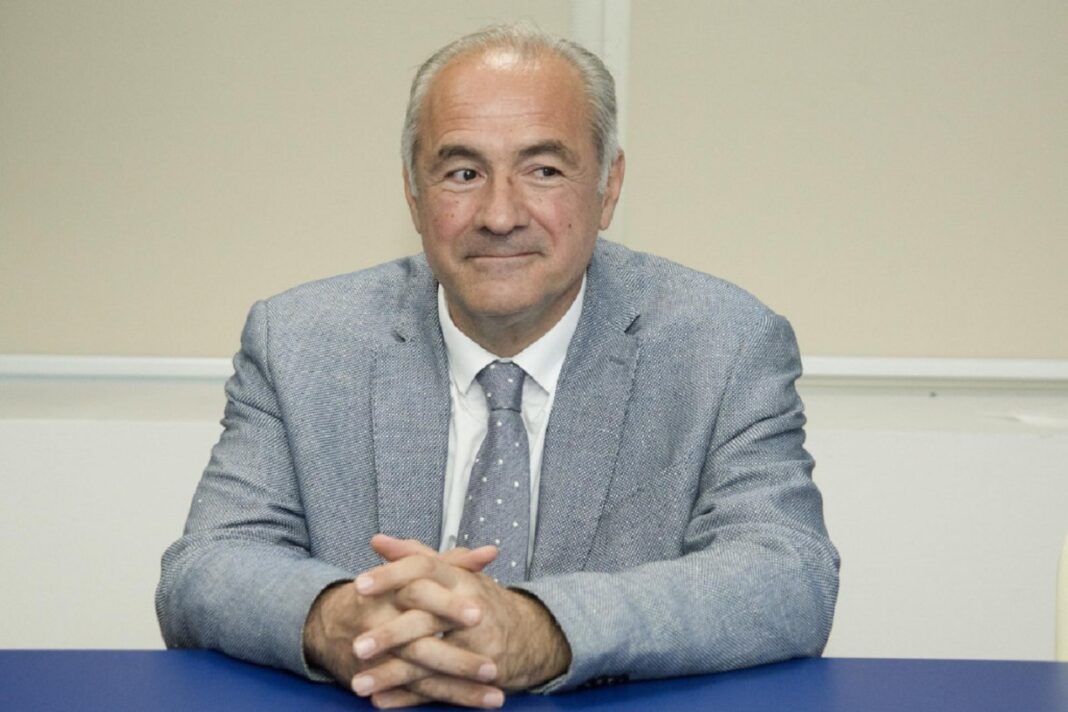Драгана Трифковић: Кадировски спецназ, ударна песница Чеченије у борби против светског тероризма
Претходних неколико дана имала сам част да поново посетим Чеченију на позив руководства ове републике, у саставу делегације руске СпецPress. Поред руских новинара и политиколога у делегацији су били и страни новинари из Србије, Француске, Холандије, САД, Велике Британије, Северне Кореје, Пакистана и др. земаља. Запад већ годинама води жестоку пропаганду против Чеченије, након неуспеха сепаратистичких и терористичких акција на Кавказу. Љубазни домаћини су позвали новинаре како би могли да стекну лично искуство о Чеченији и на основу објективних информација извештавају јавност о ситуацији у овој републици. Потрудићу се да српској јавности пренесем многобројне утиске који се тичу развоја Чеченије, али бих се у овом тексту фокусирала на посету легендарној формацији полицијског пука спецназ Кадирова (пун назив: Полк полиции специального назначения имени Героя России А. А. Кадырова). То је једна од најпознатијих формација по херојству чије све јединице функционишу у саставу Руске гарде (Росгвардии) Министарства унутрашњих послова Руске Федерације.










